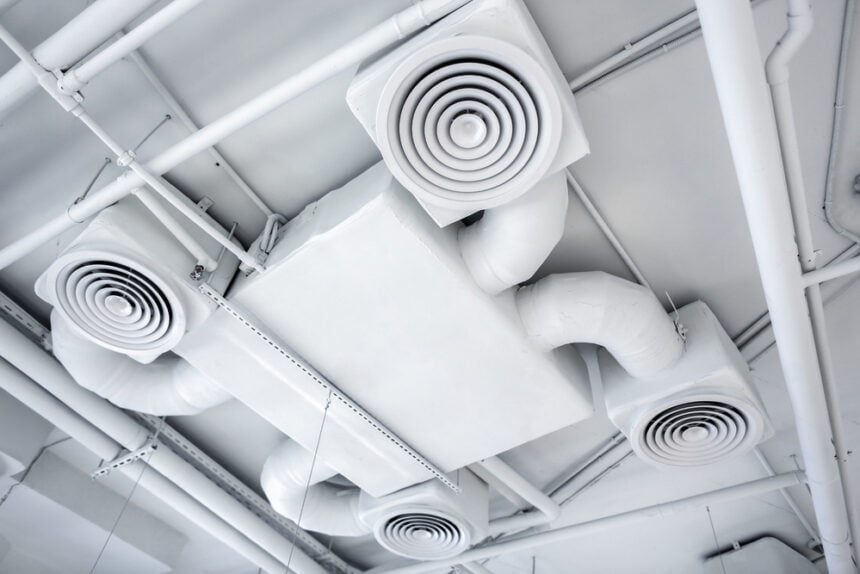After an entire year of pandemic extremities, we cannot help but fear the spread of the DOVID-19 virus every single place we visit, especially as the concept of gatherings slowly and gradually returns to our lives. And well, we cannot deny how just and necessary that happens to be.
Having survived the pandemic, we better take precautionary measures, so we can resume our normal lives as soon as possible. Isn?t it? On that very note, here are some tips for maximizing ventilation and reducing the risk of COVID spread at home and workplace.
We hope these help you maximize your protection against the fatal virus. They are especially important if you are trying to protect older family members that have not been vaccinated yet. Let?s get straight in!
1. Let the Fresh Air Come In
Perhaps, the best go-to and most effective approach towards ventilation is opening up all the windows and doors. And it is a great idea, especially if you live in a windy area.
It is, of course, even better to have a seating arrangement outside. However, since we?re talking about visiting with people indoors here, you can focus on arranging better openings at your workplace or house. Perhaps, get better, wider windows constructed or doors. The more, the merrier!
2. Turn on the Fans
In case you cannot afford to play with the infrastructure, you can opt for another, equally effective alternative, i.e., fans. In case you don?t already have fans installed in your workplace or at your home, it?s a good idea to get them installed as soon as possible. It improves the air flow and also offers the greatest possible numbers of airflow changes per hour.
You can use fans to direct more fresh air indoors. Remember, it is not advisable to place fans centrally in the room, especially with no open windows. It will circulate the indoor air, exposing each individual in the room to the same air particles. Hence, increasing the risk of contracting diseases or the novel coronavirus.
3. Don?t Trust the Air Conditioners
If you are heavily dependent on air conditioners, this may come as a shock to you, but air conditioners can contribute substantially to the spread of the virus. It recirculates cold air, which provides a good sustenance medium to the microscopic coronavirus.
But does that mean you should stop using ACs altogether? Nope. Instead, what you can do is adjust the settings such that the air conditioner drives air from outside.
4. HEPA Filters are a plus!
Although we only see HEPA filters extensively used in healthcare departments, you can also install these at home or workplace for maximum ventilation. The High-Efficiency Particulate Air tends to reduce the concentration of COVID particles in the air. However, their actual effectiveness of these filters depends on the following factors:
- Number of people
- Airflow Capacity
- Filter?s position
Given that all factors fall into place, these will be highly effective in increasing indoor ventilation and keep the air clean of contagious particles.
5. Walk Out
Well, you need to maximize ventilation by taking precautionary measures as well as developing healthier habits. Working all day at the desk from home has made us all rather lazy and fond of sitting indoors all day long. Surely, you need to quit that. Try spending your time in a greener area. Doing so will not only protect you from the fatal coronavirus, but it will also improve your health substantially.

